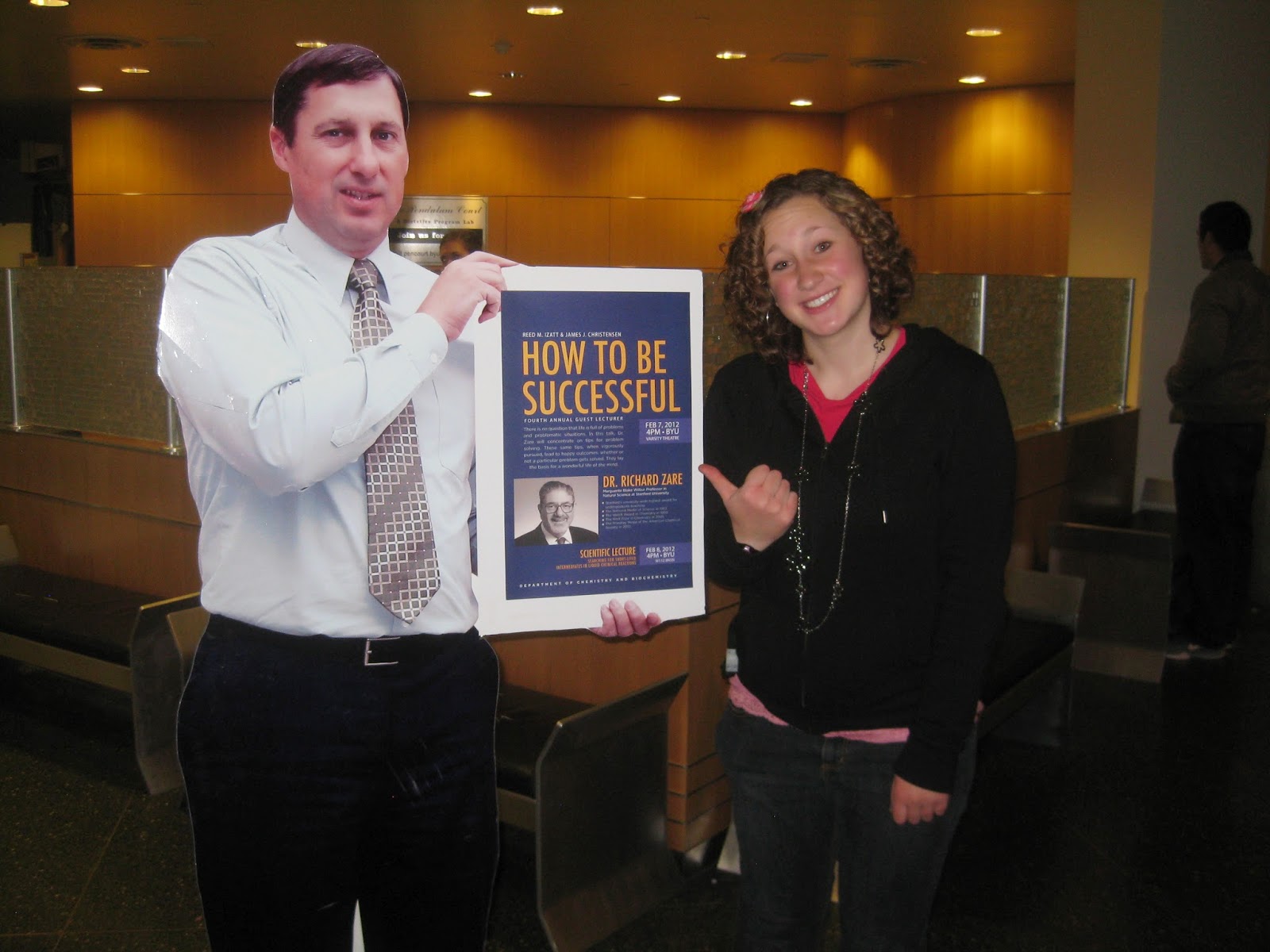"And what do you want to do with that?"
It’s a terrible question.
And a terribly common one too.
An attempt at a
get-to-you-know question that sounds more like an interrogation to me.
Plaguing its victim
with self-consciousness and uncertainty. You take it as a personal attack on your
aspirations and plans and even your humanity and feel the need to validate
and defend yourself, even if you’re not completely sure of
your answer.
I live on a college
campus where future schemes and dreams are constantly under construction,
where the finished product is anything but certain. Yet we love predicting our hypothetical futures. Until we try to merge those with reality.
But when we first meet
people, we usually ask questions about reality (we being unwilling to share our
highly-imaginative-life-in-ten-years-vision).
Like where we’re from.
And what we like to do.
And what we’re
studying.
When I respond to that
last question with History and
German, I usually get a lot of
skeptical-why-would-you-do-that eyebrow raises as they spit out the next
question:
“And what do you want
to do with that?”
Usually I try to play
it cool, even though I’m freaking out about their preemptive judgment on my
major choice.
So I say something
about plans to be a history professor (with more or less confidence depending
on the day and week) and that yes, I’ll probably be in school for 8-10 more years.
To which they usually
say something like “…cool…” and then change the subject.
Which means they don’t
really think it’s that cool or that I’ve broken the reality rule by talking
about my hypothetical future.
So it’s a good thing I
started providing my own validation.
 |
| Making this cake was my first step towards that goal. |
I’m tempted to start
telling people that I want to become an all-powerful tyrant and but they didn’t
have a tyranny major here so I decided to learn from the best who have already
lived and died. But not to worry—I will be a merciful leviathan.
But I probably won’t so
I can continue to pursue that dream more clandestinely.
It’s not even so much
the judgment as the implications of this question that tend to bother me though.
Like I have to have a perfect end
result planned out of a messy project I’m currently working on when all I really want to do is throw
paint around and love what I’m
doing.
Because sometimes we
don’t have to know what we’re making. We don’t want to limit ourselves by
classifying a drawing as a boy, a burning toaster, or a vengeful beaver before
we know which one our drawing will actually look the most like (#artproblems)
It’s not that by
telling someone I want to be a professor I’m constricting my career
possibilities. But for some reason this questions sends me into a five-second long second-guessing-and-rethinking-life frenzy. That’s usually not
long enough for me to create a new detailed plan to tell my new friend who
doesn’t really care that much anyways and all he wanted to do was make simple
small talk like normal people do and I probably overreacted by laying
down on the floor in my thinking, overwhelmed state like a bug whispering to
myself that the love of the
subjects is enough.
This is probably the
reason why it’s so hard for me to make new friends. The smallest of small talk
sends me into an existentialistic
inner mid-college crisis that I can
sometimes shrug off and sometimes I can’t. And then my poor almost new friend
is left standing awkwardly nearby while a have a Gollum-like debate with myself
about what I really want to do.
So I guess the point of this to two fold.
1.
Be wary
with your small-talk questions and compassionate with your potential new
friends.
2.
There is
beauty simply in loving to do something without having to have an end goal.
Sometimes you just need to play with playdough just to squish it.



Yes. Just yes.
ReplyDelete